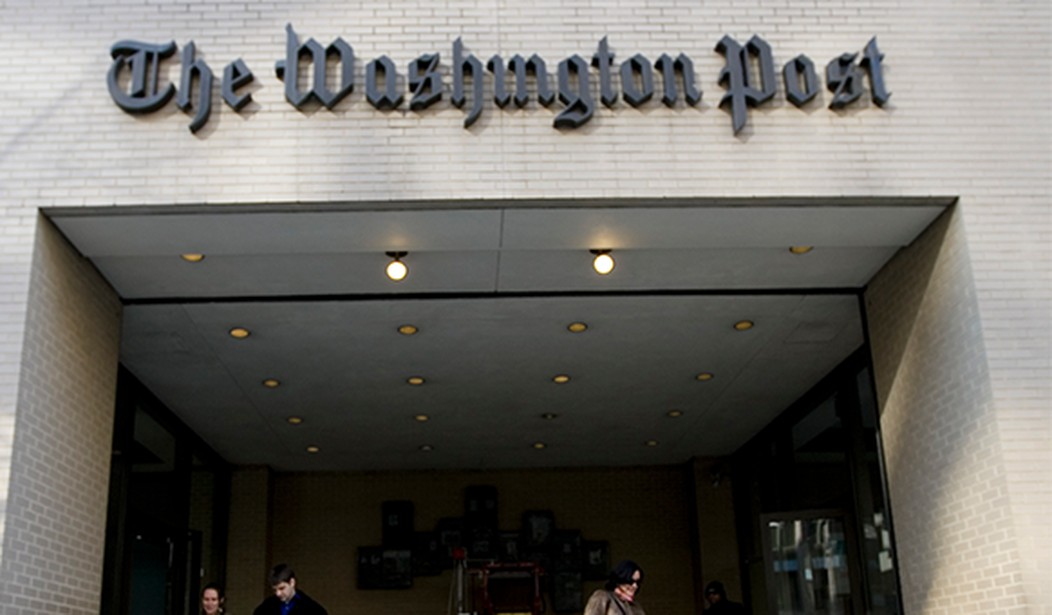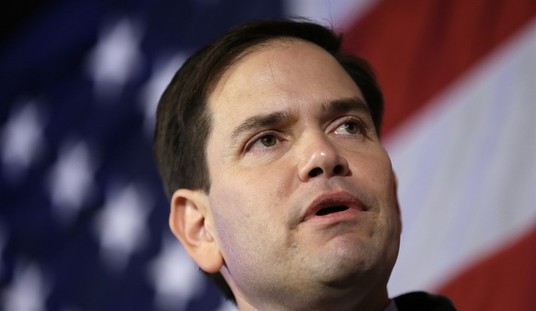Alden Global Capital is a hedge fund based in New York that specializes in taking over troubled newspapers and making them profitable. If you listen to journalists and advocates for the media, they are “vulture capitalists” who prey upon vulnerable newspaper properties and want to “destroy local journalism.”
Indeed, reporters and other newsroom staffers fear an Alden takeover of their newspaper because the hedge fund has the temerity to want to make money off their investment and usually start clearing out the newsrooms of driftwood and dead weight. This is sacrilege, according to journalism types, because “You can’t fire me. I’m a journalist!”
Or something along those lines.
There is much confusion among journalists about the idea that a newspaper is a business and has to sell advertising in order to make enough money to stay afloat. Advertisers pay to place their ads in newspapers in order to sell their products to readers.
But people don’t feel they need a newspaper anymore to stay informed and they have voted with their pocketbook. They don’t buy the notion of “supporting local journalism” as a reason to shell out their hard-earned dollars to get the information they can get by clicking on their phone.
Shouldn’t we be reading a newspaper to get all sides of an argument? Good luck with that fantasy. A few more clicks on our phone will give us all the “sides” we want to hear.
The Tribune Company, which owns 9 other properties besides the flagship newspaper in Chicago, sold its newspapers to Alden for the bargain-basement price of $633 million. The reaction of the press was hysterical.
Margaret Sullivan of the Washington Post is begging “rich people” to get involved and save local journalism. And “save democracy.”
It’s a terrible turn of events, if not a surprising one, because Alden has a proven record of slashing newsroom jobs in cities from Denver to San Jose and beyond, and failing to invest in ways that might make its newspapers sustainable in the long run.
Whatever its misleading public statements may claim to the contrary, Alden is interested only in the short run: the next quarter’s and next year’s profit-and-loss statements.
“Devastating,” is how Ann Marie Lipinski, curator of Harvard’s Nieman Foundation and a former top editor of the Chicago Tribune, put it soon after the vote.
The “long-run”? Is she kidding? “Sustainable”? I wonder if 120 years ago carriage makers and blacksmiths thought that if they could only invest for the long run and “sustain” their businesses, they’ll be OK.
And, she told me, this outcome “represents a failure of civic leadership” in many communities, but particularly Chicago. After all, the city’s many corporations include Boeing, United Airlines and Walgreens. There’s a healthy population of plutocrats along the shore of Lake Michigan.
“Chicago’s wealthy class failed the city by refusing to rescue the Chicago Tribune from a hedge fund,” wrote Mark Jacob, a former Tribune editor. “A newspaper is both a watchdog and a binding agent. The weaker the media, the more inequitable a city is allowed to be. Rich Chicagoans sent a signal that they do not care.”
Calling a wealthy person a “plutocrat” will hardly endear the arrogant little twit to anyone.
More to the point, what the hell is so special about a newspaper? The world — especially the wealthy — doesn’t owe the journalists, editors, writers, or reporters anything. The press has always lionized itself as “crusaders for justice” and “speaking truth to power” but the reality is far different — especially today. Now, they’re simply one more voice in a cacophony of voices wanting to be heard.
What’s so damn special about them?
Newspapers are a horrible investment which is why rich people aren’t ponying up the money to buy them when they’re in trouble. The Washington Post has a certain cache about it which is why Jeff Bezos purchased it. The same holds true for the New York Times and its largest investor, Mexican billionaire Carlos Slim.
But the Chicago Tribune has no such cache to sell. It’s a run-of-the-mill liberal newspaper staffed by arrogant, opinionated writers who kowtow to Democrats and liberal interest groups at the expense of the truth.
There is no constitutional right for newspapers to exist. They are not above us, although they pretend to be better. And frankly, I’m getting sick and tired of hearing them try to paint themselves as anointed by God to disseminate the truth.










Join the conversation as a VIP Member